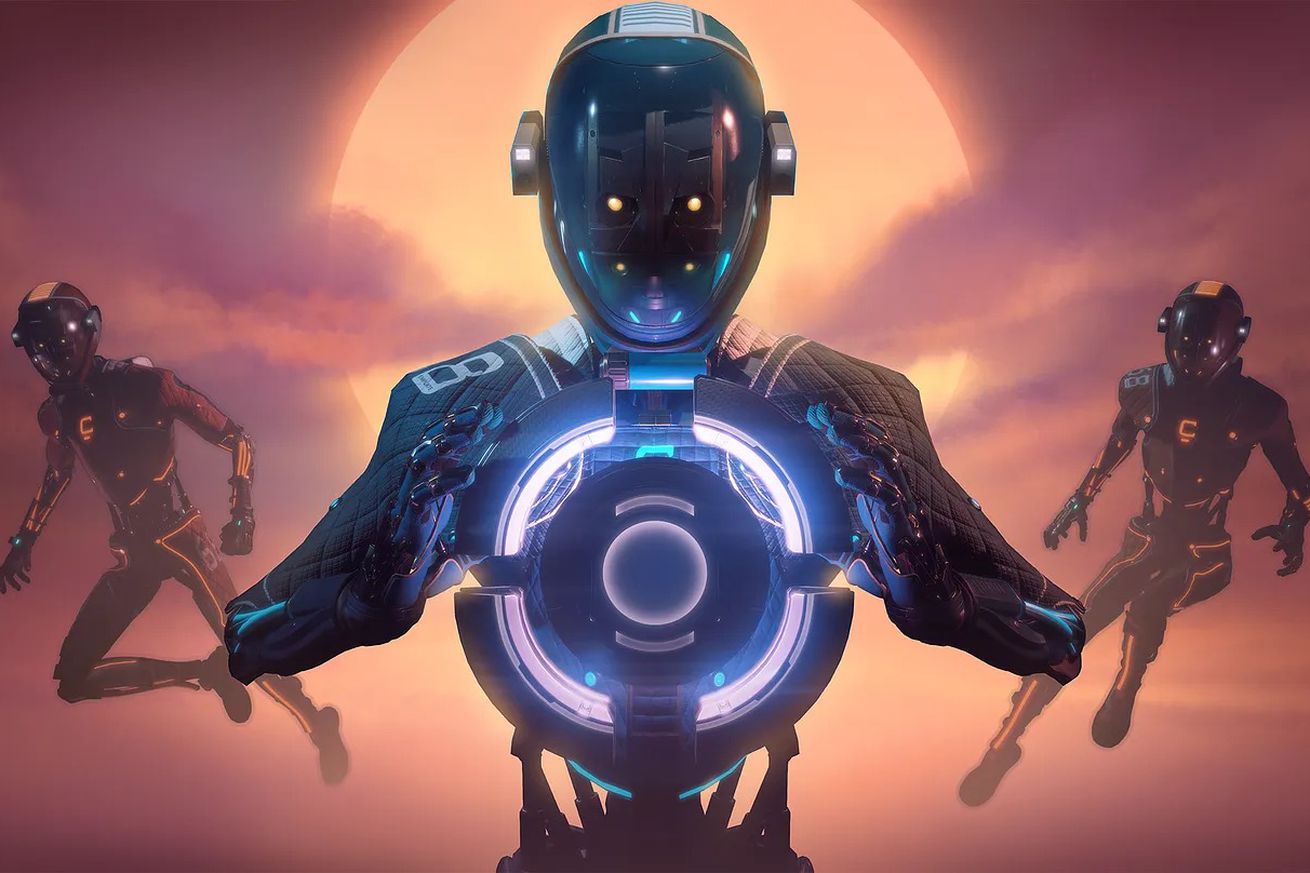
Here’s why Meta is shutting down Echo VR
Last week, Meta announced that it would be shutting down the widely praised VR game Echo VR in August. Since then, Meta CTO Andrew “Boz” Bosworth has shared some further details about the shutdown, and former Meta consulting CTO John Carmack has weighed in about the decision.
In an Instagram AMA, Bosworth said that Echo VR’s playerbase, while “loyal as all get out,” had fallen into the “low ten thousands,” as transcribed by UploadVR. “Unfortunately, keeping things alive takes work,” Bosworth said. “This is not like a return on investment money standpoint; it’s just those resources could be put to other uses that I think will be useful to the now tens of millions of people who are in VR.” He also said Meta has some “regulatory constraints” that make it more expensive to maintain the game.
Echo VR’s servers will continue to operate until August 1st at 1PM ET, but after that, the game will be completely shut down. While you might have hoped that Meta might make it available in a way for people to continue playing, like Velan Studios is doing with Knockout City, Bosworth is seemingly ruling that out:
I will add one more thing on this — I know people are really focused on it, understandably — which is that we looked at [if we] can we open source it. And the answer is basically no. It’s very deeply entangled with a bunch of our systems and there’s no… It’d be even less cost effective to do that. Can we spin it out or sell it? No, because we want the Ready at Dawn team to be continued to be focused on these other projects that we’re excited about, that I think are gonna have a bigger impact on a bigger number of people on driving more adoption.
Echo VR developer Ready at Dawn has hinted that it’s going to be focusing on its future. “By no means was this decision made lightly,” the Echo VR development team wrote in its blog post about the shutdown. “But it was made for many good reasons and chief among them is the studio coming together to focus on our next project. We can’t say anything about it yet, but we are all excited and need all hands on deck.”
Bosworth also answered a question about “wwjcd do rn” — which translates to “what would John Carmack do right now.” He acknowledged that Carmack, who left his consulting CTO role in December, would not have shut down the game. But Bosworth said he’s trapped between two John Carmack principles: maximizing user value and hating when content doesn’t continue to exist.
We don’t have to wonder what Carmack thinks about the decision, as he gave an extensive statement to UploadVR. He, unsurprisingly, strongly disagrees with the choice to shut down Echo VR. “Even if there are only ten thousand active users, destroying that user value should be avoided if possible,” Carmack said. “Your company suffers more harm when you take away something dear to a user than you gain in benefit by providing something equally valuable to them or others. User value is my number one talking point by far, but ‘focus’ is pretty high up there as well, and opportunity cost is a real thing.” However, Carmack believes “Boz’s statement was honest and true.”
Carmack also listed out a few potential options for the future of the game. One idea is to drop it to “absolutely minimal support” by putting one developer in charge, which he says is something Id Software did with Quake Live. He also suggests spinning off the game, putting an “unsupported” banner on it and letting it die on its own, or open-sourcing it, though he acknowledges there potential issues with any of those paths.
Carmack concludes by encouraging developers to make games that work “at some level without central server support,” arguing that kind of fundamental software engineering “can pay off with less problematic late stage development.” Hopefully, developers take that to heart, especially after many other developers announced their games would be shutting down last week.
I strongly suggest reading Carmack’s full statement on UploadVR.

